The COVID-19 pandemic has also had an influence on research projects. Since our project had its kick-off in April, a short time after the first lockdown, we have been thinking about diverse scenarios for how to do research with and about young people to understand the role of digital media literacy for their societal participation and thinking around cross-cultural inclusion. U-YouPa was based on mixed methods for online studies. It uses collaborative methods where young people in different countries should meet with researchers and creatively collaborate to explore societal participation and the role of the digital for supporting this participation.
It might seem as if a project on digital media literacy would go well by simply doing research online, in the virtual sphere and in the digital spaces that young people have been hanging out in during their isolation, whatever reason they might have for this. But, given that school, work, sport and all everyday activities of young people are now forced to be digital, we see the need for face-to-face meetings as even more crucial. Physical meetings are pivotal for our understanding of what it takes for young people to feel important enough to fully engage and work for what they feel would be the best for humans and society.
Given that the COVID-19 situation is perplexing, and it is difficult to plan for research activities also in the near future, we are still discussing how the research design and the plan for the project might have to be affected. We are uncertain if we, for example, are able to arrange workshops where young people from Germany, France and Norway are meeting to work together. We are also uncertain if we as researchers at all will be able to travel to these countries within the time-frame of the project. Within the countries participating in the project, we are also uncertain how long we will be restricted in, for example, inviting young people to our institutions to work with them at the universities. Vice versa, are we even able to meet them where they are physically?
So, we are in a situation where our interest in innovative methods in some ways restricts us. During our second project meeting Friday August 28th, we decided to handle this dilemma by choosing an iterative research approach. Not only iterative, but also a research approach that starts on small scale, and is scaled up dependent on the COVID-19 regulatory conditions that will come in future. Some of the research activities might even start earlier in the project to gain more time for working slower, and with more time between the events. This requires us to negotiate the original research plan with our funding partner, the Norwegian Research Council, so that their expectations for our reporting during the project are welcomed and well understood, even if the project progress deviates from the original plan in the application that was funded.
The advantage is that the iterative solution, and the possibility of starting in a small scale will give us the possibility of getting insights from analysis from one event before starting to plan and arrange for the next. It will also give us the opportunity to stay flexible and add more people to the events when COVID-19 regulations are opened up. And starting in small groups gives us the opportunity to get to know the young people we want to work with better.
